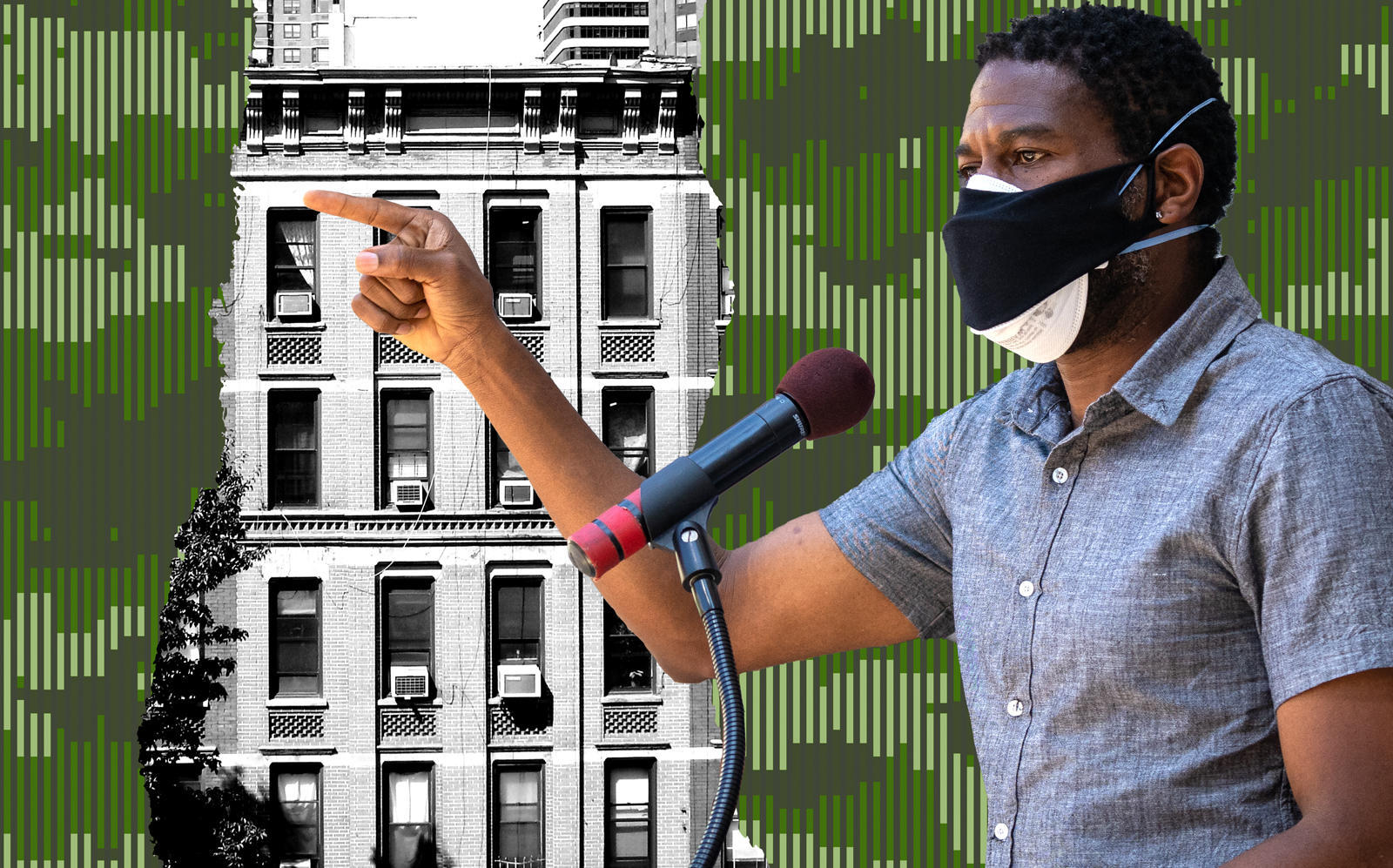Two bills from the city’s public advocate would significantly raise the stakes for property owners with housing violations.
The legislation, which was introduced by Public Advocate Jumaane Williams last week and has been in the works since at least January, would raise the penalties for property owners with maintenance deficiencies in their buildings and put those landlords on a new watchlist.
The first bill would mandate that the Department of Housing Preservation and Development maintain a watchlist to identify “bad actor” landlords and prevent them from claiming violations have been corrected without an inspection. HPD would set the criteria that lands property owners on the watchlist, including the number and severity of violations, and the agency would be responsible for publishing the list at the beginning of each year.
The new list would be separate from the “Worst Landlords Watchlist” maintained by the public advocate’s office, as well as from HPD’s Alternative Enforcement List for apartment buildings with many housing violations. But a landlord who is on the latter could find himself on HPD’s new list.
Landlords who wind up on the new list would not be able to resolve their violations without an inspection from HPD, which must be carried out within two weeks of the date for the violation’s correction.
Not resolving the violations would come with steep penalties. Instead of the current $250 to $500 per day for uncorrected violations, landlords could expect fines of $750 to $1,500. For the next two years, not resolving subsequent violations in the same building would come with a fine of $1,500 to $3,000 per day, instead of the current fine of $500 to $1,000.
The legislation would also raise penalties for property owners who falsely certify that a violation has been corrected. Currently, that carries a maximum fine of $250; if the bill passes, it could go as high as $2,500, with the penalties scaling up in accordance with the severity of the violation.
“The fact that landlords have been able to falsely certify repairs and neglect hazardous conditions for so long is not a reason to let them continue to do it,” Williams said in a statement. “Of course the legislative process will include input from both property owners and tenants, but we cannot allow the kinds of abuses that put people on the worst landlords list in the first place to continue.”
Williams didn’t stop there: His second bill would direct HPD to speed up its response time for complaints. The timeline for responding to an immediately hazardous condition — such as no heat during the heating season, no hot water any time of year or a broken toilet — would be five hours. For a hazardous condition, such as a bedbug infestation, a missing smoke detector or a broken entry door, it would be two days. A spokesperson for HPD said the agency was already on the job.
“HPD inspectors work every day to address maintenance issues, ensure tenants are safe in their homes and hold landlords accountable,” said a spokesperson for the department. “We share the Council and Public Advocate’s commitment to these goals and look forward to conversations about the best and most efficient ways to achieve them.”
Many property owners, when asked about the new bills, had never heard of them, while a dozen property owners declined to comment at all. Few were surprised that a public official would seek to champion tenant rights and penalize landlords, however.
“I understand that property owners are not the top of everyone’s concern, but they are lying on the ground and bleeding out,” said Michael Feldman, CEO of Choice New York Companies, which manages thousands of apartment units in the New York City area.
Adhering to all the rules would make running a building financially infeasible, Feldman said.
“It’s compliance warfare,” said Feldman. “It’s not fiscally possible for anyone who has bought a building, who has debt, to both be 100 percent compliant with this litany of new laws and run a squeaky-clean building.”
Jay Martin, executive director of the Community Housing Improvement Program, called Williams’ package of bills “absurd.”
“The complaint system has been corrupted by advocate communities to be a way of tenant harassment against property owners,” said Martin. “When you’re using the same system now to incur $1,100 a day, who determines whether it’s fixed?”
Beyond the problem of ensuring a complaint is valid, Matin questioned who is to blame for poor conditions in the building: the tenants, who contribute to its deterioration through use or misuse, or the landlord who owns it and is responsible for its long-term upkeep.
“Negligence by the property owner should be cured as quickly as possible, but more often than not [conditions] are caused by tenant-related issues,” Martin said. “At some point we’ve got to understand that problems arise in buildings which are 100 years old.”
